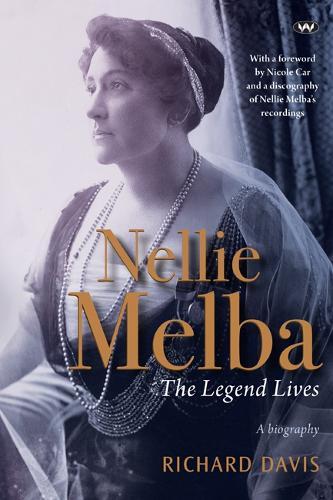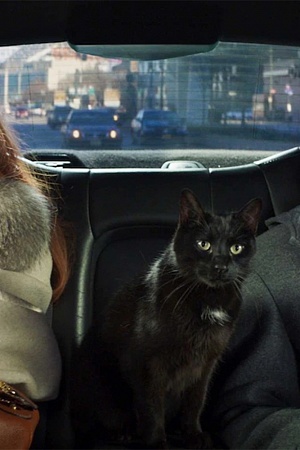On Chesil Beach ★★★1/2
On Chesil Beach is not Ian McEwan’s first screenplay, nor his only adaptation for the screen. The Children Act (2017), directed by Richard Eyre and based on McEwan’s 2014 novel, is also due for release in 2018. In an interview he gave at the Toronto International Film Festival, where both films premièred, McEwan said that his challenge was to find cinematic equivalents for literary devices, without resorting to the obvious solution of the voiceover. What he achieves feels like déjà vu. Interior monologues, intertwining thoughts and memories, and McEwan’s succinct narratorial commentary, return seemingly verbatim in conversations and extensive flashback scenes. Only the novel’s implicit theme, ‘the power of words to make the unseen visible’, suffers in translation.
Continue reading for only $10 per month. Subscribe and gain full access to Australian Book Review. Already a subscriber? Sign in. If you need assistance, feel free to contact us.















Leave a comment
If you are an ABR subscriber, you will need to sign in to post a comment.
If you have forgotten your sign in details, or if you receive an error message when trying to submit your comment, please email your comment (and the name of the article to which it relates) to ABR Comments. We will review your comment and, subject to approval, we will post it under your name.
Please note that all comments must be approved by ABR and comply with our Terms & Conditions.